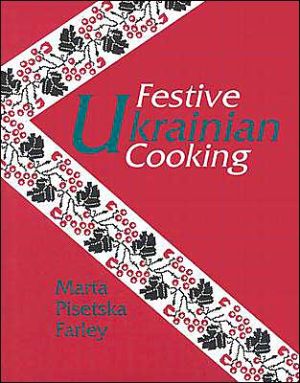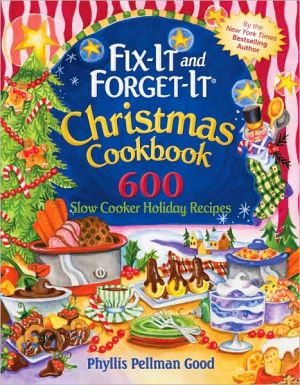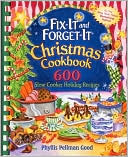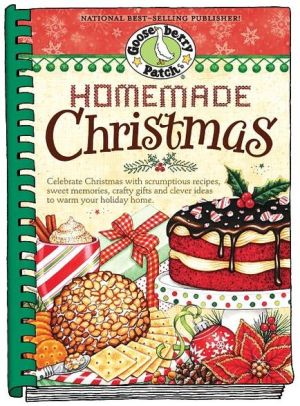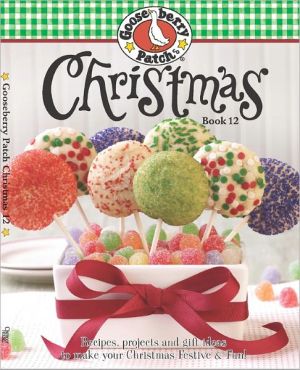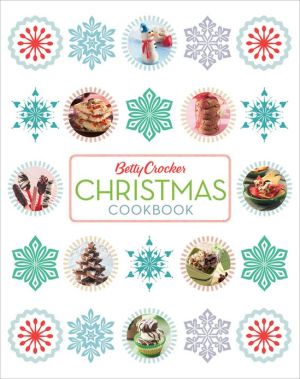Festive Ukrainian Cooking
More than a cookbook, Festive Ukrainian Cooking is also a definitive account of traditional Ukrainian culture as perpetuated in family rituals and lovingly celebrated with elegantly prepared food and drink.
Search in google:
More than a cookbook, Festive Ukrainian Cooking is also a definitive account of traditional Ukrainian culture as perpetuated in family rituals and lovingly celebrated with elegantly prepared food and drink. Publishers Weekly The festivities of the title follow the usual Christian calendar--Easter, Christmas, Pentecost and various saints' days. But Christianity in the 19th-century Ukraine, the focus of Ukrainian-born Farley's well-researched book, coexisted with a rural paganism in which ancestors were appeased and fed at Christmas, river spirits blessed and, in a typical grace, God appeared simply as prima inter pares : ``Gracious Lord, sun of truth, stars of beauty, moon of light, wind ferocious, rain bountiful, weather beautiful, ancestors' fathers, we feast with you and greet you in summer.'' The cuisine, likewise, derives from an agrarian prototype shared by other Eastern Europeans and by the Ashkenazim as well. The foods, like the traditions, are hearty: cabbage rolls meatless or meat-filled; two kinds of borschsic , varying with the season; meat stuffed in casings or covered with aspic; numerous sweet or savory breads, rolls, dumplings, fritters and pancakes, some topped with cabbage or cheese for ordinary meals, others containing a hefty half-pound of butter, a cup of cream and 30 large egg yolks to create a lavish Easter spread. (Oct.)
\ Publishers Weekly - Publisher's Weekly\ The festivities of the title follow the usual Christian calendar--Easter, Christmas, Pentecost and various saints' days. But Christianity in the 19th-century Ukraine, the focus of Ukrainian-born Farley's well-researched book, coexisted with a rural paganism in which ancestors were appeased and fed at Christmas, river spirits blessed and, in a typical grace, God appeared simply as prima inter pares : ``Gracious Lord, sun of truth, stars of beauty, moon of light, wind ferocious, rain bountiful, weather beautiful, ancestors' fathers, we feast with you and greet you in summer.'' The cuisine, likewise, derives from an agrarian prototype shared by other Eastern Europeans and by the Ashkenazim as well. The foods, like the traditions, are hearty: cabbage rolls meatless or meat-filled; two kinds of borschsic , varying with the season; meat stuffed in casings or covered with aspic; numerous sweet or savory breads, rolls, dumplings, fritters and pancakes, some topped with cabbage or cheese for ordinary meals, others containing a hefty half-pound of butter, a cup of cream and 30 large egg yolks to create a lavish Easter spread. (Oct.)\ \
